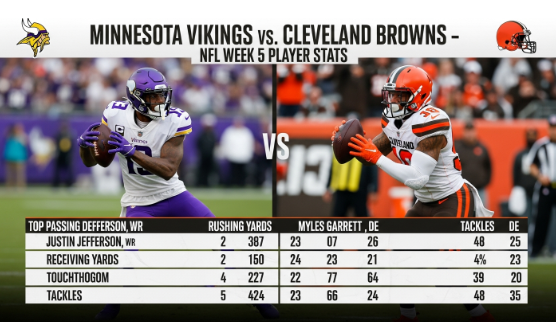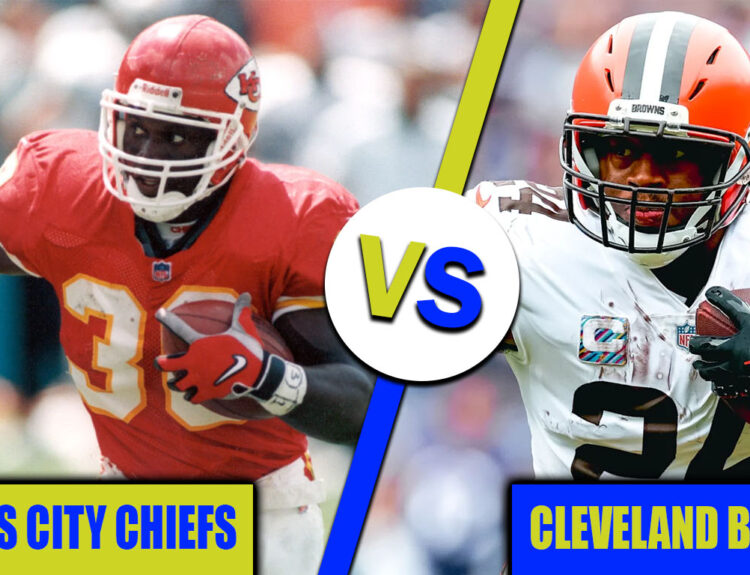Sports marketing is one of the fastest-growing fields in the world of business. Sports marketing is all about promoting sports, teams, athletes, and sporting events to fans and consumers. It combines the power of sports with marketing strategies to attract attention, increase engagement, and generate revenue. Today, sports marketing is not just about selling tickets or merchandise; it’s a way to create emotional connections between fans and brands.
Whether it is promoting a local football team or a global sporting event like the Olympics, sports marketing plays a key role in making the game bigger and more exciting. With the rise of social media, digital platforms, and fan communities, sports marketing has become more dynamic than ever. Brands use it to increase their visibility, while teams and athletes use it to build loyal fan bases.
The Basics of Sports Marketing
Sports marketing is a specialized form of marketing that focuses on sports-related products, events, and experiences. The goal is to attract fans, create engagement, and drive revenue for teams, sponsors, or products. It includes various activities such as:
- Sponsorship deals with sports teams or events
- Advertising campaigns featuring athletes
- Ticket and merchandise sales promotions
- Social media campaigns targeting sports fans
- Experiential marketing like fan zones, meet-and-greets, and interactive events
Unlike traditional marketing, sports marketing leverages the emotional attachment fans have to their favorite teams or athletes. Fans are not just consumers—they are part of the community. This emotional connection makes sports marketing highly effective for brands and organizations.
The Role of Sponsorships in Sports Marketing
Sponsorship is one of the most important elements of sports marketing. Brands invest in sports sponsorships to increase their visibility and credibility. Sponsorships can take many forms, including:
- Corporate logos on team uniforms or stadiums
- Naming rights for sports arenas or events
- Endorsements by popular athletes
- Product placements during broadcasts or live events
For example, when a brand sponsors a football team, it gains exposure to thousands of fans in stadiums and millions watching on TV or online. The key is to align the brand with the team or athlete in a way that feels natural to the fans. Successful sponsorships create a win-win for both the brand and the sports organization.
Digital Sports Marketing: The New Frontier
Digital marketing has transformed sports marketing completely. Social media platforms like Instagram, Twitter, TikTok, and YouTube allow teams and athletes to connect directly with fans. Digital marketing strategies in sports include:
- Live streaming matches and behind-the-scenes content
- Engaging fans through polls, quizzes, and contests
- Influencer marketing using athletes and sports personalities
- Email campaigns for ticket sales and merchandise
- Paid advertising on social media and search engines
With digital marketing, sports organizations can reach global audiences in real-time. Fans now expect more than just the game—they want interactive content, updates, and experiences that make them feel part of the journey.
Sports Marketing and Branding
Branding is another critical aspect of sports marketing. Teams, athletes, and sporting events often create strong brand identities that resonate with fans. Effective branding includes:
- Logos and team colors that fans can identify instantly
- Athlete personas and public image management
- Merchandise that allows fans to express their loyalty
- Consistent storytelling across all platforms
Strong branding helps teams attract sponsors and loyal fans. Brands also benefit because aligning with sports teams or athletes helps them reach target audiences in a memorable way.
Fan Engagement in Sports Marketing
Fan engagement is at the heart of sports marketing. Engaged fans are more likely to attend games, buy merchandise, and follow their favorite teams online. Some key strategies for fan engagement include:
- Interactive apps and mobile games for fans
- Loyalty programs and exclusive memberships
- Virtual fan zones and online communities
- Polls, contests, and fan-generated content campaigns
By involving fans actively, sports marketers can turn casual viewers into lifelong supporters. Engagement also creates valuable data that brands and teams can use for future campaigns.
Conclusion
Sports marketing is more than just promoting a game—it’s about creating experiences, building emotional connections, and generating revenue for brands, teams, and athletes. From sponsorship deals to digital campaigns and fan engagement strategies, sports marketing plays a crucial role in modern sports culture. As technology evolves, sports marketing will continue to innovate, offering more personalized and interactive experiences for fans worldwide.
For businesses, athletes, and sports organizations, investing in sports marketing is not optional—it’s essential for growth and success in the digital age.
FAQs
Q1: What is sports marketing?
A1: Sports marketing is the promotion of sports, teams, athletes, and sporting events to engage fans, increase visibility, and generate revenue.
Q2: Why is fan engagement important in sports marketing?
A2: Fan engagement creates loyalty, encourages merchandise sales, increases event attendance, and provides valuable data for future campaigns.
Q3: How do sponsorships work in sports marketing?
A3: Brands sponsor teams, events, or athletes to increase their visibility. This can include logos on uniforms, naming rights, endorsements, or product placements.





